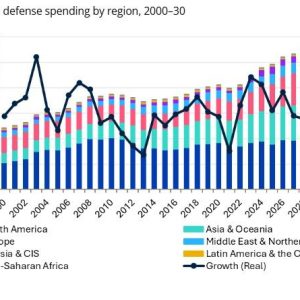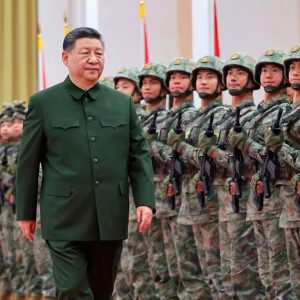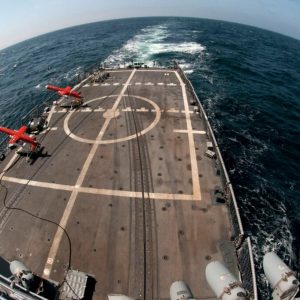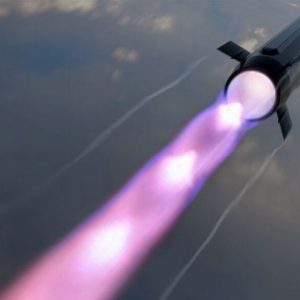Ankara and Warsaw Strengthen Defence-Industrial Cooperation
Poland and Türkiye have taken another step toward deepening their strategic defence partnership, with a particular focus on advanced ammunition production technologies. On August 6, 2025, Poland’s Deputy Minister of National Defense Pawel Bejda met with Turkish Ambassador Rauf Alp Denktas in Warsaw to discuss cooperation in manufacturing 120mm and 155mm calibre ammunition for the Polish defence industry.
According to Poland’s Ministry of Foreign Affairs, the talks reviewed the current status of bilateral defence-industrial projects, emphasising Türkiye’s technological support for Poland’s domestic ammunition production. This cooperation is expected to enhance Warsaw’s ability to produce NATO-standard rounds, bolstering both national security and interoperability with allied forces.
NATO Operational Coordination
The meeting also covered Poland’s military presence in Türkiye under NATO’s Mediterranean and Black Sea operational framework, where Polish contingents contribute to alliance deterrence and regional stability. This operational dimension underscores the partnership’s strategic value beyond industrial collaboration.
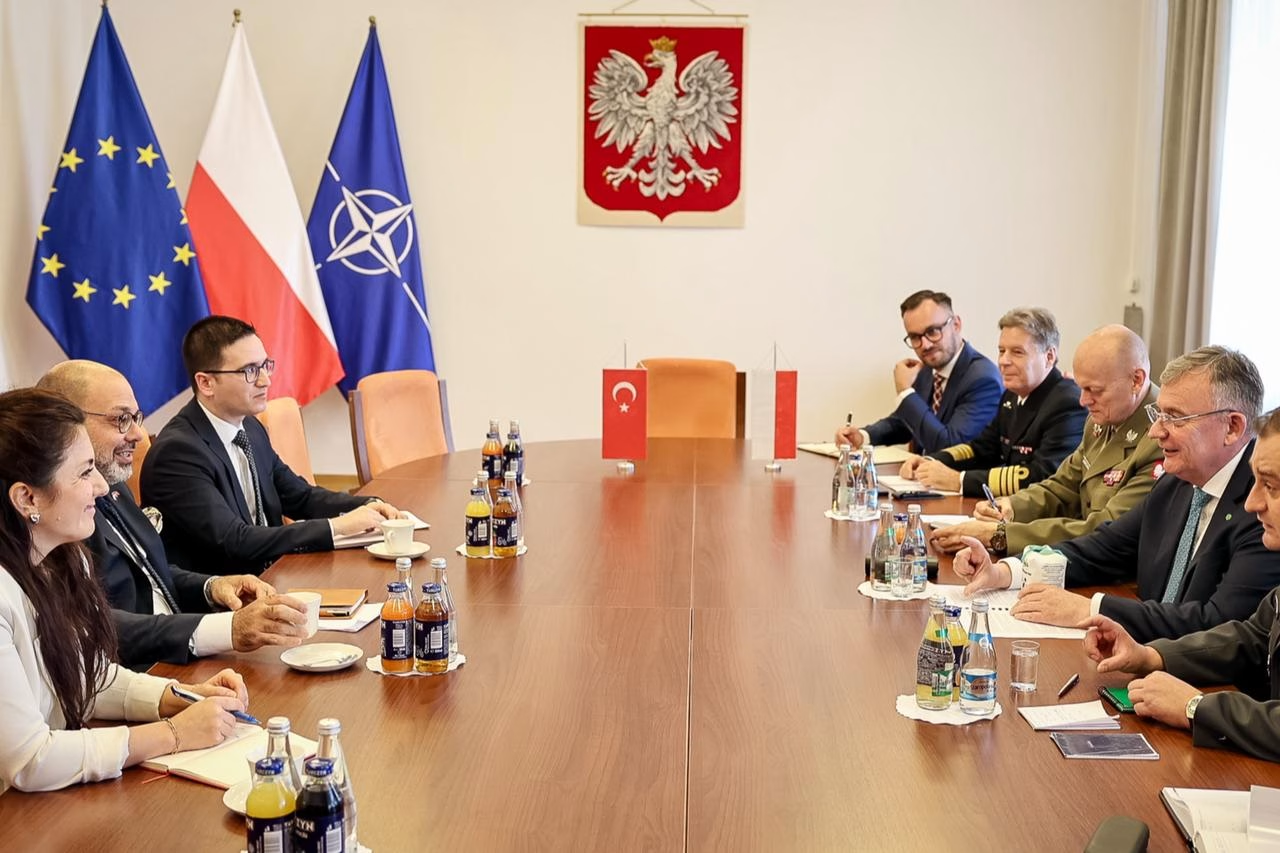
Strategic and Economic Implications
Ankara views Poland as a historically reliable defence partner, according to the ministry statement. Türkiye also sees this collaboration as an opportunity to strengthen its footprint in the European defence market, particularly through joint ventures and technology-sharing agreements. This aligns with Türkiye’s broader strategy to expand its defence exports and establish industrial partnerships within NATO.
For Poland, access to modern ammunition manufacturing technology addresses an urgent need to replenish and modernise stockpiles amid heightened demand across Europe. This comes as NATO members increase production capacity to meet operational requirements and supply Ukraine in its ongoing conflict with Russia.
Outlook
The Poland–Türkiye defence partnership reflects a broader trend of intra-NATO industrial cooperation, aimed at reducing dependence on external suppliers while ensuring sustained munitions supply for high-intensity operations. If successfully implemented, the ammunition production initiative could serve as a blueprint for similar collaborations across the alliance.
For more on NATO’s defence-industrial strategies, see our analysis of Türkiye’s role in Europe’s rearmament efforts.
Read NATO’s official stance on defence production cooperation at NATO.int.







